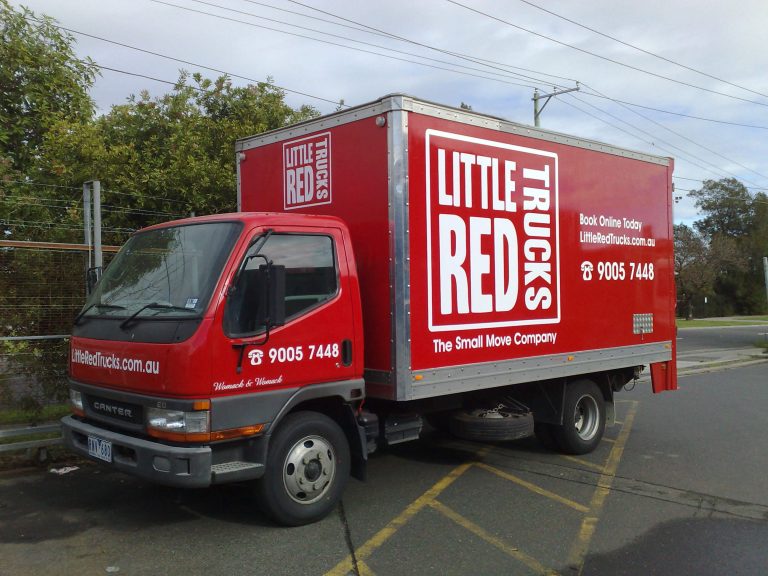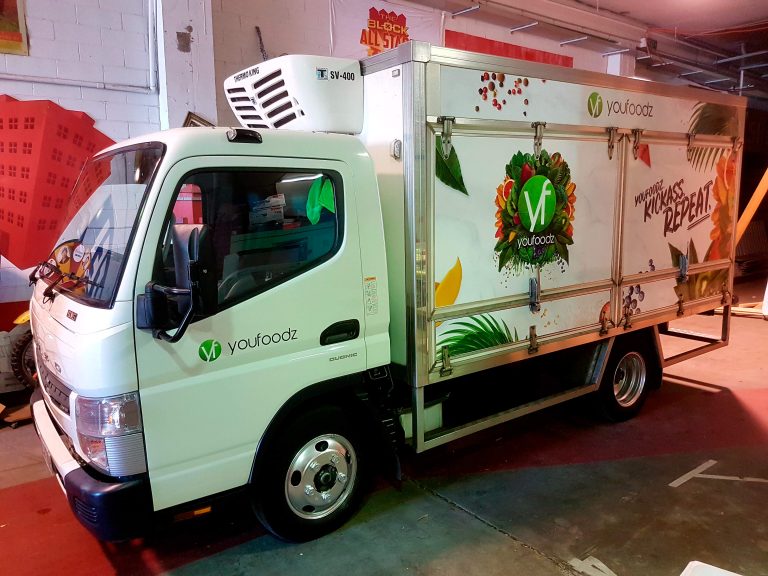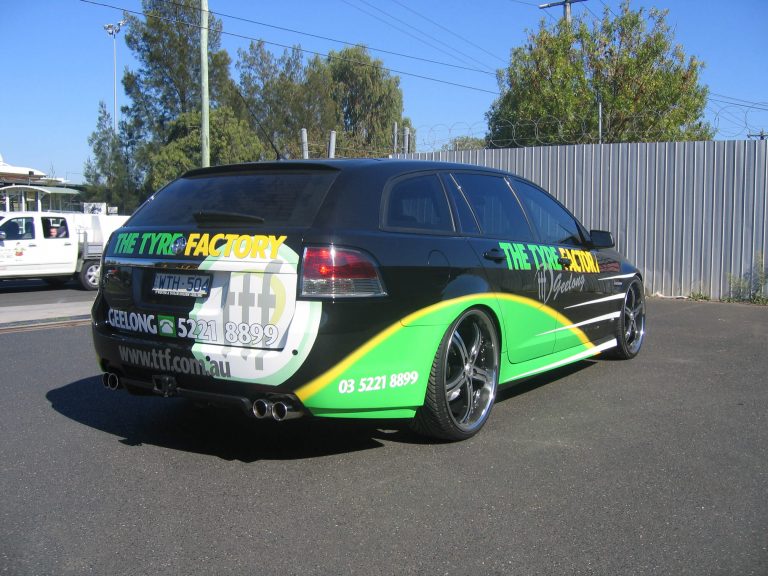Vehicle Signage
Cast Vinyl is the most common material used in vehicle wraps. A cast vinyl starts as a liquid and is cast into a sheet or form and then processed through ovens, evaporating solvents in the liquid. When the solvents evaporate, the remainder is a solid film usually between 2mm (printable media) to 4mm (solid colour) thick. Cast films conform well to curved shapes and strongly retain their original shape. This durability of shape allows for predictability on application and in applying heat to relax the material back to its natural form after modest stretching. Cast vinyls are less prone to shrinkage because stress (such as extrusion as in calendared films) is not applied to the material during the manufacturing process.
Car Wraps are one of the most cost-effective forms of signage advertising. Made from high quality vinyl, we create eye-catching messages and stunning full-colour graphics, converting your car into premium advertising space. Visible whether on the road or in the carpark, car wraps are a wise choice for generating new business and increasing brand awareness.



